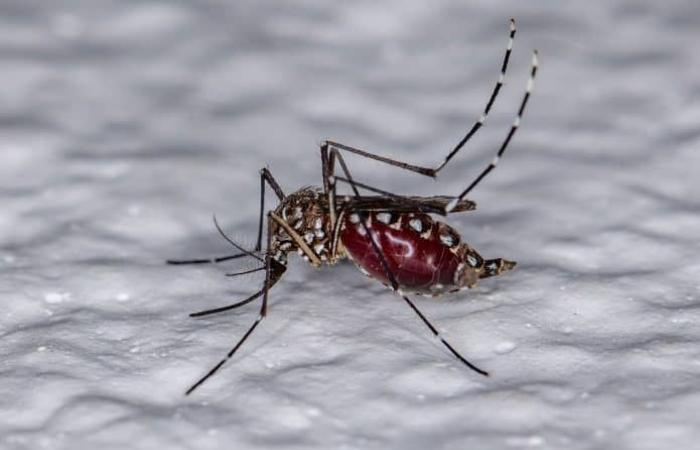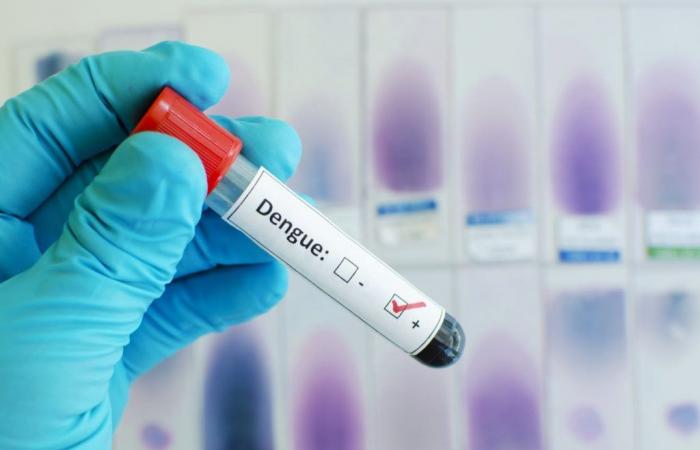By the end of last week, Brazil had already registered more than 2.3 million probable cases of dengue. According to the Ministry of Health, almost 21 thousand were serious cases, with more than 800 confirmed deaths and another 1.2 thousand under investigation.
Some of the most common symptoms, such as high fever and body aches, are already known and, alone, do not present warning signs. However, the Butantan Institute warns that dengue fever can worsen in a short time, progressing to cases with more serious symptoms. See the situation and how to identify severity.
Read more:
Condition may worsen in a matter of days
According to the Institute, the first phase of dengue, known as “classic dengue” or “dengue without warning signs”, can still be controlled with intense hydration and the use of medication, disappearing after a few days.
However, the appearance of other symptoms, especially after the fifth day, may indicate the phase of “dengue with warning signs”, as named by the World Health Organization (WHO).
The most worrying condition is “severe dengue fever”, which alters blood clotting and causes the person to lose fluids, which can cause intense bleeding and a drop in pressure, leading to shock. This is one of the main causes of death from the virus so far.
This last type of dengue was known as “hemorrhagic dengue” until 2009, but was reformulated by the WHO. This is because small hemorrhages, with red spots on the body and bleeding from the nose and gums, can be observed at all stages of the disease.
Classic dengue (or no warning signs)
The first symptoms of this phase begin on average five days after the mosquito bite Aedes aegyptitransmitter of the virus.
They are:
- High fever, around 40°C;
- Severe headaches;
- Pain behind the eyes;
- Nausea;
- Vomiting;
- Red spots on the skin.
Dengue with warning signs
The symptoms of this phase begin to appear after the first week of the previous symptoms, in only some of the infected people.
They are:
- Severe abdominal pain;
- Constant vomiting;
- Panting;
- Bleeding mucous membranes;
- Fatigue and weakness;
- Vomiting with blood;
- Dehydration and feeling of dry mouth;
- Pale skin;
- Drowsiness and/or excessive tiredness;
- Decrease in body temperature;
- Sudden increase in hematocrit (percentage of red blood cells);
- Abrupt drop in platelets;
- Hypothermia.
Severe dengue
Formerly known as dengue hemorrhagic fever, this phase of the disease is the evolution of the previous condition, if not treated. An even smaller portion of those infected arrive at this stage, around less than 1% of confirmed cases in Brazil, according to the WHO.
According to the Butantan Institute, the main symptom is hemorrhagic fever, with extravasation of blood plasma. This leads to severe bleeding and can lead to shock, that is, circulatory collapse and multiple organ failure.







